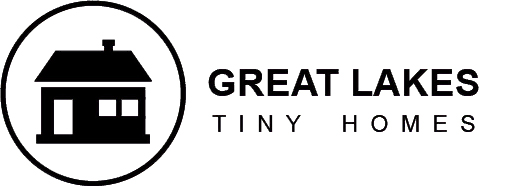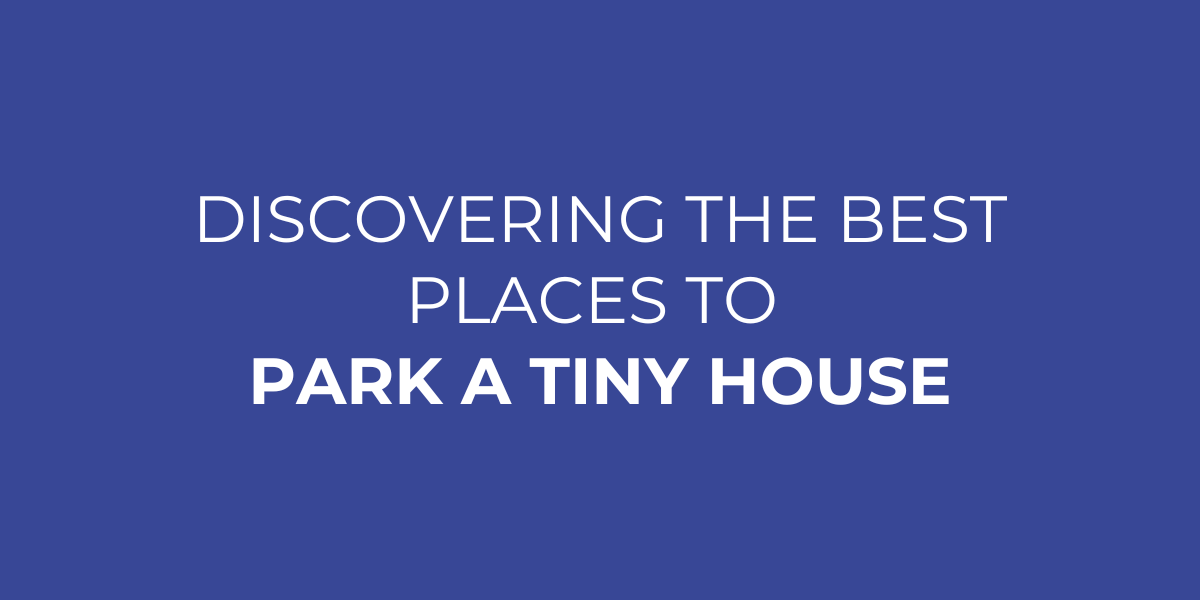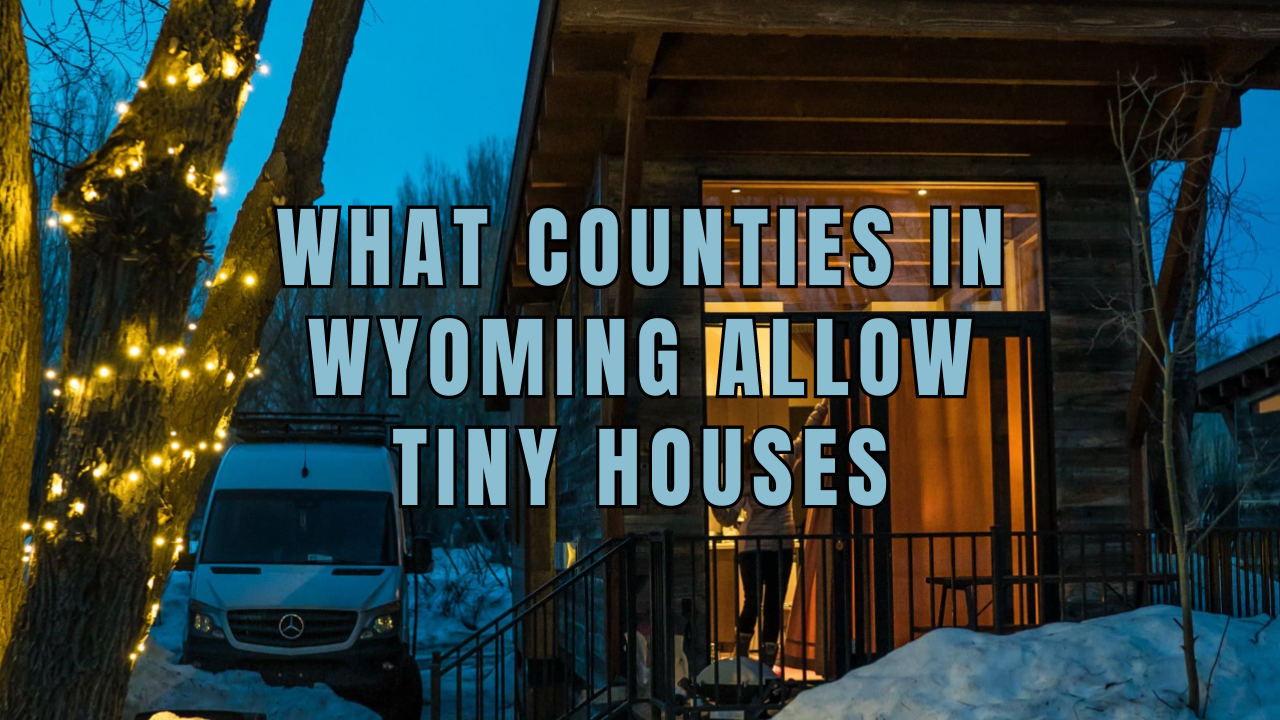With greater freedom, affordability, and flexibility than typical residences, the tiny house movement is a well-liked alternative. Are you looking for a place to park a tiny house? It can be challenging because many locations have stringent laws and regulations that forbid staying there permanently. The possibilities for parking a tiny house, like on private property, in tiny house communities, or in RV parks and campsites, will be discussed in this article.
What Are the Parking Locations for a Tiny House?
Finding tiny house parking in many communities forbid residents from residing in RVs and compact houses, and not everyone has the opportunity to live in the woods. Several places will be residential zones where people live full-time or part-time.
RV Parks
For those who want to take their tiny house on the road is a fantastic solution. The amenities (water, power, garbage, wifi, etc.) will all be easily set up and ready to use, so that will be the first thing you notice. Second, several RV parks include special features like pools, gyms, or common spaces that you can use while you are there.
Likewise, there are countless distinctive sites and activities right outside your door as you traverse the nation. Besides, some RV parks offer discounted rates for monthly or longer stays. Trying to create micro-small homes and neighborhoods within their bigger park by grouping tiny dwellings.
National Parks and Campgrounds
Compared to the last choice, you can park your tiny home wherever you can lawfully park an RV if it has RVIA (Recreation Vehicle Industry Association) certification. In the US, there are countless alternatives. However, there are frequent time constraints, so this is generally a better short-term choice.
Tiny House Communities
Across the country, tiny home-on-wheels communities are beginning to spring up, from Colorado’s Durango to Spur, the state of Texas, Florida’s Orlando, and beyond. To promote social interaction and establish gathering places, a few of these communities have amenities like neighborhood fireplaces, community gardens, and walking routes.
Particular neighborhoods are designed expressly for community living, outdoor recreation, or minimalist living. Overall, tiny-house-friendly laws, local ordinances, and resolutions are at the heart of many of these communities.
Places That Allow Tiny Homes
In many cities, you will probably be okay if you park on someone’s property with their permission, just like you would if you were in a camper trailer. For instance, in Portland, tiny homes may be placed on private property with the owner’s consent and subject to additional restrictions to address the city’s housing needs.
The zoning and development regulations in Fresno, California, also permit tiny houses to be used as “backyard cottages,” which means they can now be parked or constructed for help as an independent permanent dwelling space in the backyard of a single-family home. Similar amendments pass in numerous other cities and towns, and more are joining every year.
Rural Locations
The building codes in numerous rural regions are less stringent. Some do not even have building departments, as you will discover. It exists several parking choices available to you if you are ready to go farther away from cities. Going off the grid with your tiny house is one way to advance rural life and achieve greater independence and self-sustainability.
Land for Employers
Finding a job where you can live in an ADU (Accessory Dwelling Unit) on your employer’s property is a less common alternative. It could be a wise decision for individuals who work in elder care or on farms.
Recreational
If you don’t reside in your small home full-time, you will have more parking and placement possibilities since many cities only permit tiny houses to be occupied temporarily. A cute little holiday home would be a beach house or a cabin in the mountains.
Tiny House Map
Search an interactive map with postings from people constructing their tiny houses and looking for further information, a place to park, and communities renting out property.
There are options available to assist you in finding a parking spot; before using any of them, you must ascertain the local laws and make connections between the various sources of information available.
You can also watch videos like Living Tiny Legally to acquire a more comprehensive understanding of the legalization of tiny houses, or you might consider teaming up with other tiny house proponents to lobby for changing laws and building codes to accommodate them.
Tiny House Meetups
In addition to the typical campgrounds, one might attempt to locate temporary or long-term parking spaces on websites such as Craigslist or Meetup. Homeowners frequently display anything to advertise the usable space in their driveway or backyard for guests.
According to municipal laws, it may be one option for tiny homeowners who need to use it to park their residences temporarily. Instead, small house owners might look for and explore possibilities for parking their homes by attending tiny house meetups or other related events.
Urban Areas That Permit Accessory Dwelling Units (ADUs)
Standalone homes, known as ADUs, are located on a site that also houses the primary residence. Numerous tiny houses situate in areas where they build to evade local authorities. The majority of mobile tiny houses in cities regard as recreational vehicles. It means that while they permit to be parked on real estate, they cannot be utilized as permanent homes.
However, small homes built on foundations must abide by municipal additional dwelling unit (ADU) requirements. These rules differ depending on the location. As more municipalities, including the International Code Council, update their legislation, this perplexing scenario is gradually beginning to improve.
Everybody benefits when it’s permitted, so long as it’s legal. You receive a suitable location to park your car and live in your tiny house, and they receive a consistent stream of money without having to deal with the typical landlord duties like maintenance.
How Can I Find a Tiny House Parking Spot?
Due to local zoning regulations and a shortage of available land, it will be challenging to obtain parking if you desire to reside within the city limits. However, you will discover many more possibilities if you look beyond the city.
Ask Family and Friends
Find out if your friends and family have any land you can park on by asking them. It will seem safer to park your tiny house on land owned by relatives and friends rather than on a stranger’s lot.
Enquire if they know somebody who does if they do not have any extra land. More often than not, individuals may be familiar with someone who can assist them.
Local Facebook Groups
Local Facebook groups constitute a fantastic resource for finding hosts quickly. Just go to Facebook and type the address of the place you want to participate in into the Groups search bar to find regional Facebook groups.
Make a straightforward post with a photo of you and your little house. Describe your tiny house parking requirements in detail during your introduction to the group.
Local Community Subreddit
Search for regional neighborhood forums on Reddit and post a question regarding tiny house parking there. Locate a subreddit that corresponds with the location you want to park your small house by selecting the “Communities” tab.
Craigslist Ads
There are other locations to hunt for tiny house parking besides groups and subreddits. Why not broaden your reach by marketing yourself to potential hosts online rather than seeking parking spots? If you find a location you like, schedule a visit to the property before making a decision.
Mailbox Drops
The best course of action if you wish to park your small house in a particular location, is to contact the property owners directly via mailbox drops.
Make a flyer that includes information about you, your tiny house, and your parking requirements. Next, drive around the area where you want to park your tiny house and place your fliers in mailboxes.
RV Parks and Communities
If you prefer to live in a community of like-minded people, tiny house communities and RV parks are excellent options. We decided against looking into these possibilities since we wanted to reside in a quiet region without any neighbors. However, the majority of these locations require tiny homes that are RVIA-certified.
Facebook Ads
Using Facebook Ads has several advantages, like the opportunity to target a certain demographic by age, income, and location, and the ability to decide how many people see your advertisement.
FAQs
Where Can I Build a Tiny House in the United States?
It allows to build tiny homes in every US state, it does not necessarily indicate that it is best to do so. When it involves small constructions, several US jurisdictions have incredibly severe building codes.
Where in Georgia Can You Park Your Tiny House?
You have three options for where to park it: on your privately owned property, in a campground or RV park, or by renting ground from a private landowner. Make sure your tiny house complies with all local laws and building code standards if you decide to park it on your property.
What Is the Price of a Tiny House in the USA?
A little house typically costs $50,000. It’s amazing how much money a tiny house may save you compared to the typical US property sale cost, which was close to $298,000. When you look for tiny house prices, a wide range of prices will come up.
Can a Tiny House Be Built on the Ground in Texas?
Texas does not have any laws that specifically forbid the construction of tiny homes on a statewide level, and the majority of the countryside counties without the zoning authority to completely forbid the development of tiny homes. However, they may nonetheless enforce specific building rules and requirements.
Wrap-Up
Parking a tiny house is not as easy as it may seem because there are many things to consider, including convenience, cost, legal ramifications, safety, and security.
Finding a good area to place a tiny house on wheels, whether it be on your property, in a group of like-minded people, or in a beautiful setting, is possible. The secret is to do your homework, make a plan, and make use of the advantages of tiny-house living.





